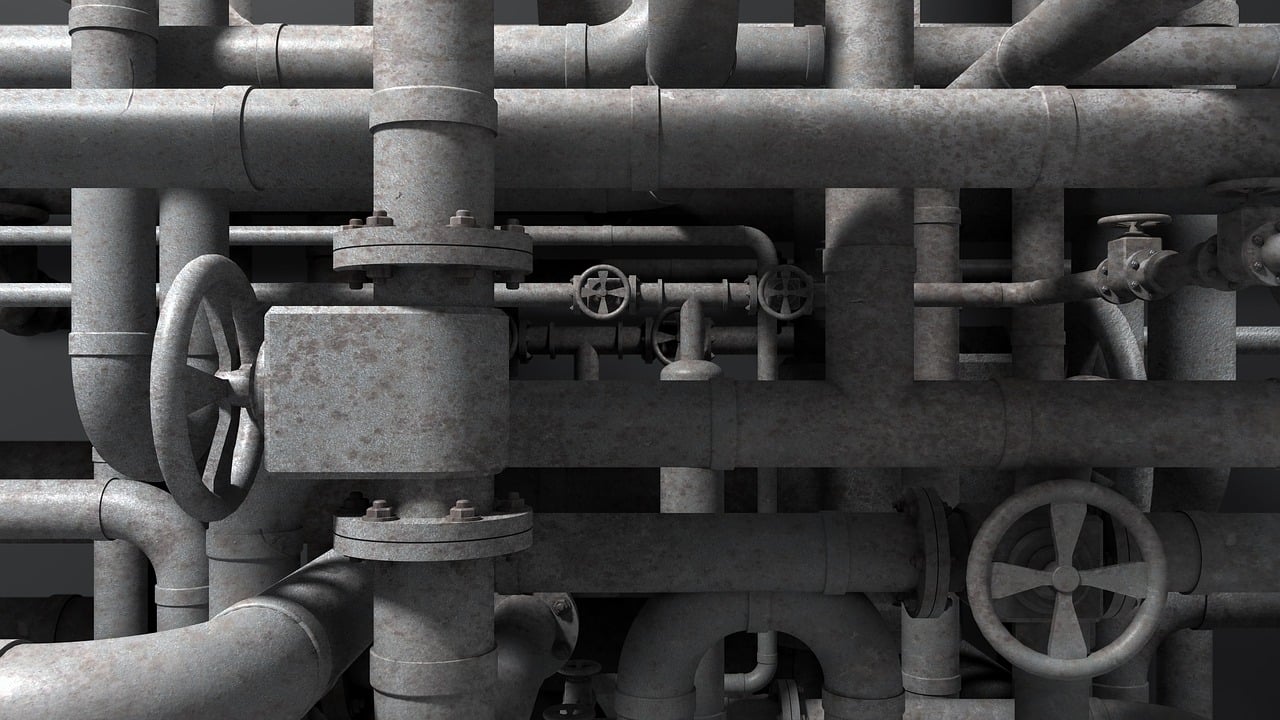As the continent continues to demand its right to continue exploiting its vast fossil energy resources for a few more decades in the name of climate justice, Africa's refining industry is already feeling the collateral damage of the energy transition underway in worldwide.
The oil refining industry in Africa is struggling to attract the investment needed to meet rising fuel demand on the continent, due in part to the accelerating energy transition, structural overcapacity globally and the erosion of refinery profit margins, according to a report published on June 8 by Ecofin Pro, the platform of the Ecofin agency dedicated to professionals in several sectors.
Titled “The Challenging Equation of Africa’s Oil Refining Industry,” the report states that with the exception of South Africa, the largest oil refining capacities in Africa are held by major gold producers. black. With 833,000 barrels per day, Egypt had the largest refining capacity on the continent in 2021 ahead of Algeria (677,000), Libya (634,000), South Africa (520,000) and the Nigeria (486,000).
In 2020, the volume of refined petroleum products generated by all African countries stood at 1.8 million barrels per day. This represents 2.4% of the volume produced worldwide during the same year. Between 2009 and 2019, the volume of production of petroleum products thus fell by 1.2% under the effect of the aging of existing infrastructure and the lack of investment in this segment.
Yet Africa accounts for 4% of global demand for these finished petroleum products. In 2021, the continent even recorded the strongest growth in demand for these petroleum products on a global scale (+7.8%), with peaks of +9.5% in Egypt and +8.6 % in South Africa.
Nigeria is the leading African consumer of refined petroleum products with 173 million tonnes of oil equivalent (toe) ahead of South Africa (137 million), Egypt (101 million) and Algeria (61 million).
A lively debate
The report drawn up by our colleague Olivier de Souza underlines that the majority of refineries in operation on the continent operate below their real capacities, due in particular to problems of obsolescence, lack of maintenance and limited investments.
In view of these operational factors, Africa exports a good part of its crude oil production to countries in the Middle East and Europe. In these regions, the operating costs of the refining industries are more affordable than those practiced in African refineries. Under these conditions, African governments favor imports and fuel subsidies to meet the growing demand for refined petroleum products, although African crude oil production is more than sufficient to meet the demand for finished petroleum products.
The report specifies in this context that the energy transition on a global scale constitutes one of the greatest obstacles to the arrival of investments in the oil refining activity. Especially since this transition imposes a certain restraint on the part of the actors of the sector, in particular in the orientation of their expenses. Refining operations generate approximately 5% of the global oil and gas industry’s carbon emissions, primarily due to energy-intensive chemical conversion processes.
Changing this will require introducing carbon capture and storage technologies, electrifying the operation of equipment, and using clean energy as a power source. But the debate remains lively in the sector to know if the carbon emissions due to petroleum products should be borne by the producers or the end consumers. In addition, several voices are being raised to defend the right of this continent, where nearly half of the population does not yet have access to electricity, to make abundant use of the fossil fuels at its disposal to fuel its economic growth.
Falling margins
The second biggest challenge facing the African petroleum refining industry is structural overcapacity in refining globally, despite the closure of several refineries. While global refining capacity utilization averaged just above 75% in 2021, there are still 20 underperforming refineries in Asia, Europe and North America, which are expected to put the wrench under the door in the next few years. From 2030, the world is expected to maintain only 90% of 2019 operating capacity. By 2050, the global refining industry is expected to shrink to a third of its current capacity, and the number of refineries in operation is expected to fall from over 700 today to less than 150.
In addition, the reduction in the profit margins of the refineries does not help matters. According to data from consultancy Wood Mackenzie cited by the report, the global refining industry’s combined margin for 2021 averaged $1.80 per barrel, less than half the average for the period. 2015-2019, which was at $4.25 per barrel.
Given these headwinds, the report notes that African refinery utilization rates are likely to remain low unless announced plans to increase investment in expansion and capacity expansion materialize. New refineries have been announced in countries like Nigeria, Egypt, Angola, Chad, Ivory Coast, Mozambique, South Africa, South Sudan and Uganda.
However, doubts remain about the possibility of carrying out these projects successfully, especially since African governments favor fuel subsidies, which does not always suit the private sector. Moreover, with the exception of a handful of projects, including that of the refinery built by the Nigerian billionaire Aliko Dangote in the free zone of Lekki, refineries no longer attract private investors.





























Réagissez à cet article